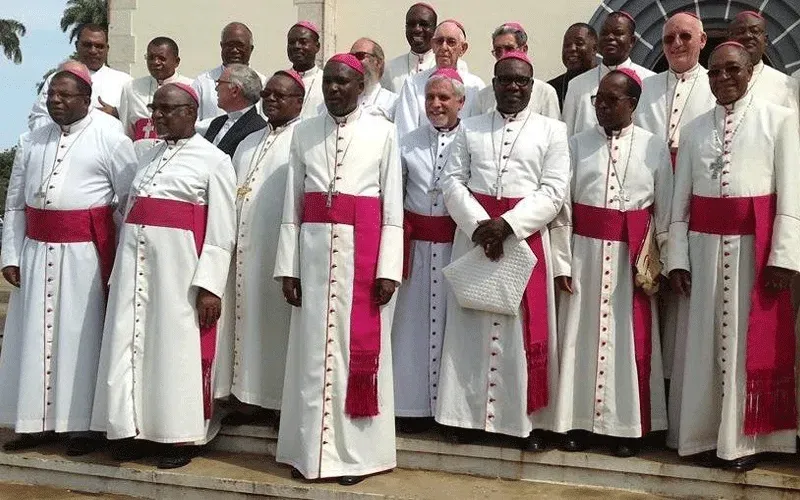Luanda, 06 March, 2022 / 9:00 pm (ACI Africa).
The leadership of the Catholic Commission for Justice and Peace (CCJP) of the Catholic Bishops’ Conference of Angola and São Tomé (CEAST) is calling on the Angolan government to declare a “state of emergency” on drought in the Southern African nation.
In an interview with ACI Africa earlier this week, the Executive Secretary of CCJP of CEAST, Fr. Celestino Epalanga, highlighted the impact of the drought that has affected millions of the inhabitants of Southwestern Provinces of Angola and decried the fact that the government “refuses to declare a state of emergency.”
“The Catholic Justice and peace commission is on an advocacy mission at various levels to persuade the Angolan government to declare the drought situation a state of emergency,” Fr. Epalanga during the Tuesday, March 1 interview.
The member of the Society of Jesus (Jesuits – SJ) added in reference to the political leadership of Angola, “We are in an arm-wrestling match with a government that refuses to declare a state of emergency.”
The CCJP official highlighted the negative impacts of the drought in his native country saying that thousands of Angolans from the Southwestern Provinces of Huila, Namibe, and Cunene have fled to neighboring Namibia.








